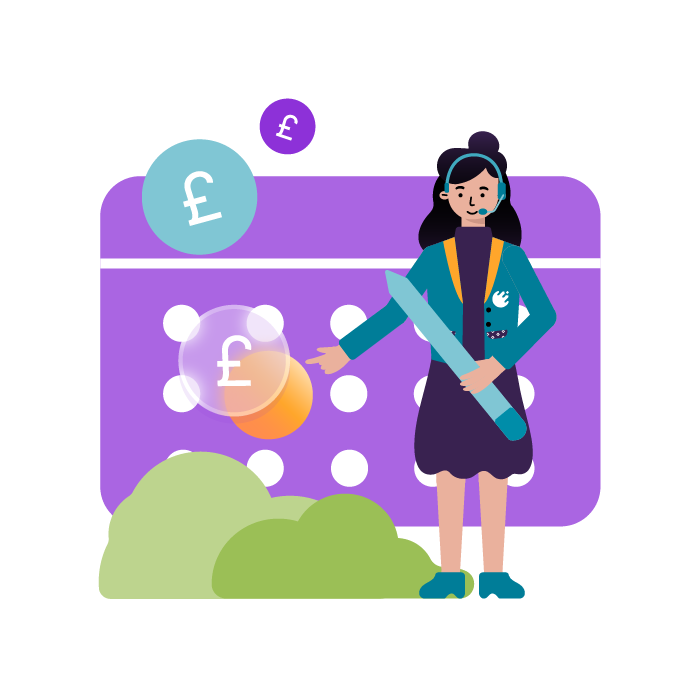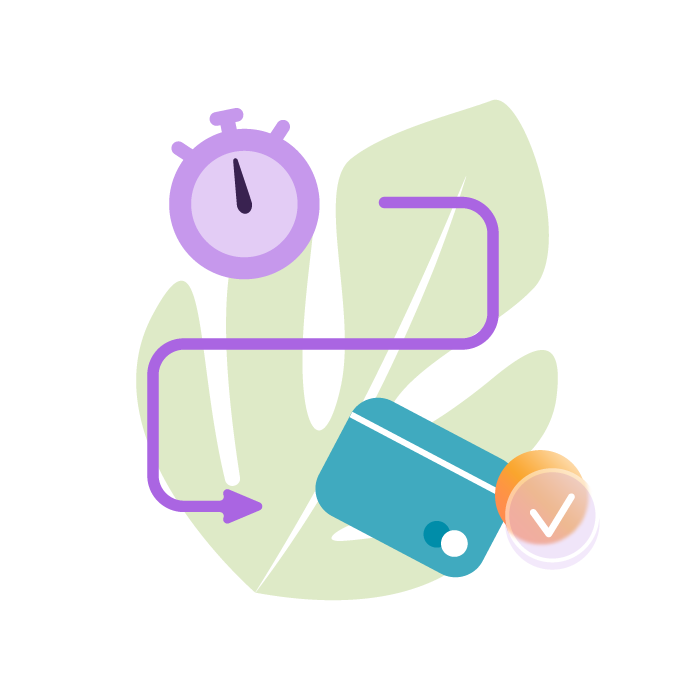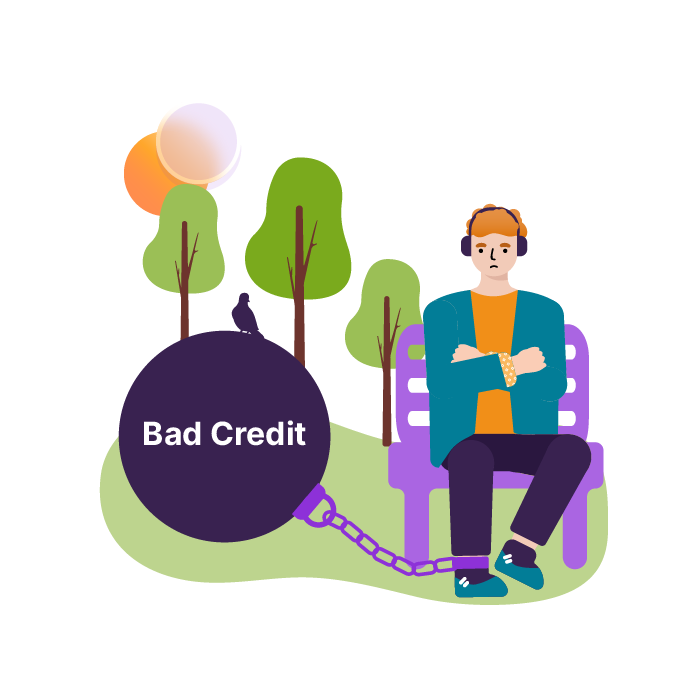What is a Debt Management Plan?
A Debt Management Plan (DMP) is one of many ways of dealing with those debts. Debt consolidation loans are another popular choice for debt management in the UK.
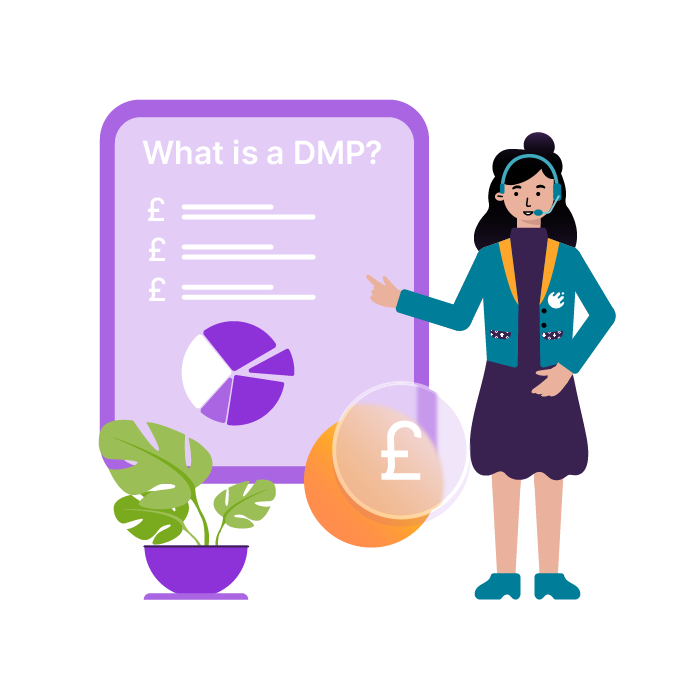
In this article, we'll cover:
- What is a Debt Management Plan?
- How does a Debt Management Plan work?
- How much would my monthly payment be?
- What are the benefits of Debt Management Plans?
- What are the risks of a Debt Management Plan (DMP)?
- How can I apply for a Debt Management Plan?
- Does a DMP affect your credit report?
- What other debt solutions are available?
- Is a DMP better than a Consolidation Loan?
- Summary
Taking out a personal loan, a credit card, or any other debts, isn't a bad idea. They can enable you to purchase things you normally wouldn't be able to afford, start up your own business, furnish your house, and many other things but once you're finding it difficult to repay your debts, that's when it becomes a problem.
A Debt Management Plan (DMP) is one of many ways of dealing with those debts. Debt consolidation loans are another popular choice for debt management in the UK.
What is a Debt Management Plan?
Debt Management Plans are a type of informal debt solution. Informal in this instance means it's not legally binding. So your creditors aren't legally obliged to keep to their terms or accept the agreement. However, a well-thought-out Debt Management Plan should be accepted by your creditors if you're more likely to repay your debts than without it.
How does a Debt Management Plan work?
Debt Management Plans work in a similar way to other debt solutions. You'll work with an advisor to create a realistic debt repayment plan, working out an affordable monthly payment for you. Then they'll contact your creditor to propose the new terms - the idea is to turn your payments into one affordable monthly repayment. They'll also negotiate with your creditors to get your interest rates and charges frozen.
How much would my monthly payment be?
How much your monthly payments would depend on your personal circumstance.
However, the whole idea of a DMP, is that you'll be paying reduced payments aka less than you were paying before. Reduced monthly payments mean you'll have more money left over at the end of the month, but could mean it takes you longer to repay your debts.
What are the benefits of Debt Management Plans?
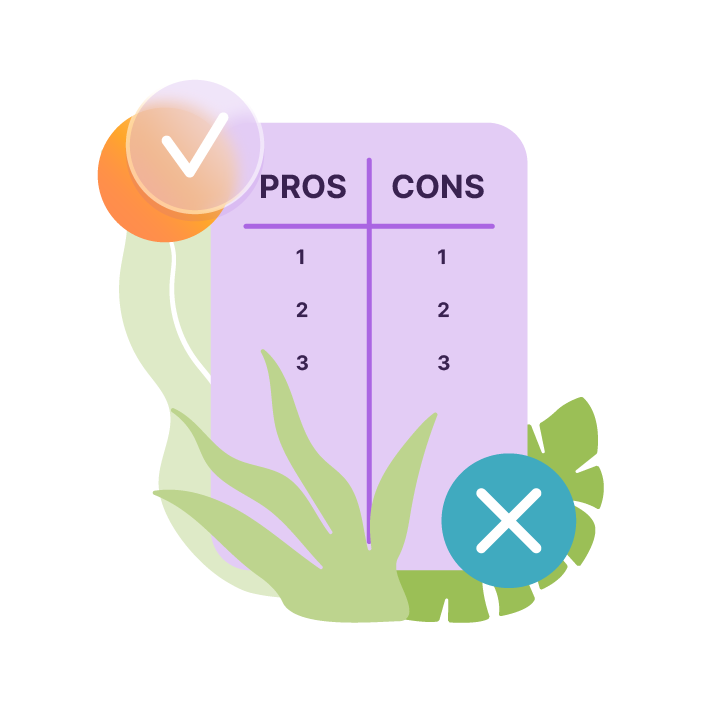
It's important to look at the pros and cons of debt plans before you choose a debt solution.
The benefits of a Debt Management Plan:
- Reduced payments than what you were paying before
- Interest rates are usually frozen
- You should have less or no contact with your creditors
- Informal agreement so there's flexibility to amend the agreement if your financial situation changes
What are the risks of a Debt Management Plan (DMP)?
Debt Management Plans can be a good idea if you're dealing with unsecured debts and can afford to pay back an amount each month but there are cons of a Debt Management Plan as well.
The risks of a Debt Management Plan:
- It only covers unsecured, non priority debts so you won't be able to include debts such as a mortgage, council tax arrears, utility bill arrears
- It will affect your credit rating
- It is not legally binding which means your creditors don't need to accept it or agree to freeze interest and charges
- You cannot write off any debt with a DMP
How can I apply for a Debt Management Plan?
The easiest way to apply for a Debt Management Plan (DMP) is online with a debt management plan provider. The debt management company will help you set up the plan and implement it for you, however, they will likely charge a setup fee and they may charge a handling fee for every monthly payment.
Make sure you research the DMP provider before you choose who to go with.
Does a DMP affect your credit report?
Any type of debt solution, including a Debt Management Plan, will affect your credit report.
However, if you're missing payments or defaulting on your current debts then this will already be affecting your credit rating. A DMP or any other type of debt solution shows lenders that you're trying to repay your debts to the best of your ability.
While this doesn't mean your credit file will immediately improve, it does mean over time, if you're meeting the agreed payments on time and in full, then this should be reflected on your credit file.
What other debt solutions are available?

There are many different types of debt solutions available to suit different financial situations.
Some of the other popular debt solutions are:
- Debt Consolidation Loan
- Individual Voluntary Arrangement (IVA)
- Debt Relief Order
- Bankruptcy
Ultimately, the idea of a debt solution is to turn multiple monthly payments into one monthly payment to make it easier and more affordable to pay.
Which debt solution to choose will depend on how much debt you have and how much you can afford to pay back each month. They all come with different benefits and risks.
Before choosing what to do, it's best to seek out debt advice. Whether that's from a DMP provider, another debt solutions company, or a money advice service - they'll all be able to give you expert advice to steer you in the right direction. Every situation is different so it's important to find the most suitable debt solution.
Is a DMP better than a Consolidation Loan?
Whether or not a Debt Management Plan (DMP) is better than a Consolidation Loan depends on your personal situation. Both only help with unsecured, non priority debts and enable you to change your monthly payments to a reduced amount.
What's the difference between a Debt Management Plan (DMP) and a Consolidation Loan?
- A Debt Consolidation Loan is a loan. It enables you to borrow enough money to pay back your debts in full, and then you make one monthly payment to your Consolidation Loan company
- A DMP is a debt repayment plan. You work with a financial advisor to create an affordable payment plan and then pay back that amount each month.
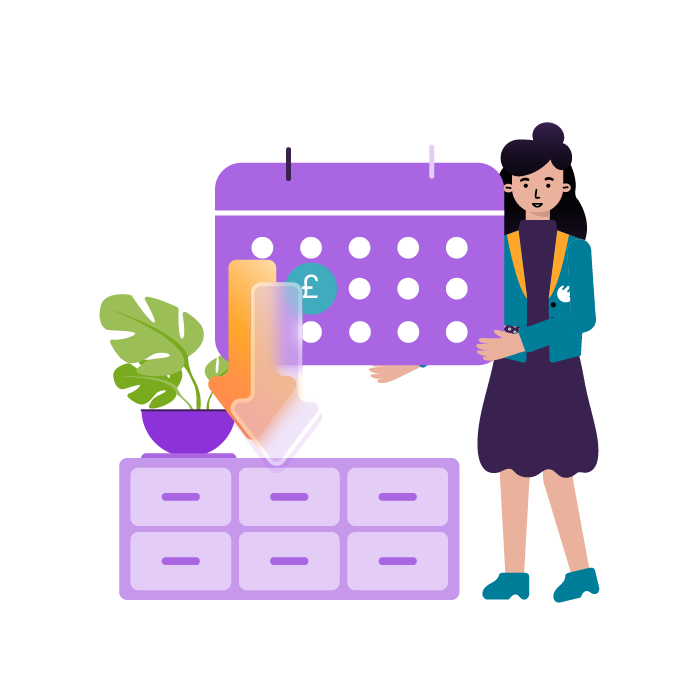
Summary
Key points to take away:
- A debt management plan is an informal debt solution to help you to reduce your monthly payments
- The easiest way is to apply is online or by calling up a DMP provider
- If you're considering a DMP or any other debt solution, seek debt advice first
If you’re looking to consolidate several debts from £5000-£75,000 it might be best to consider a Debt Consolidation Loan. They’re designed for larger sums of debt, and to reduce your monthly repayment.
Fill in our online application form today to see what your monthly repayments could be.
Apply Now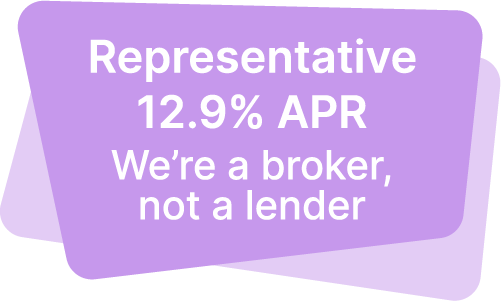
Representative Example: Borrowing £7,500 over 60 months, repaying £167.57 per month, total repayable £10,054.20.
Total cost of credit £2,554.20.
Interest rate 12.9% (variable).
The lenders on our panel offer loans for 12-120 months, with rates from 4.4% APR to 49.9% APR.
